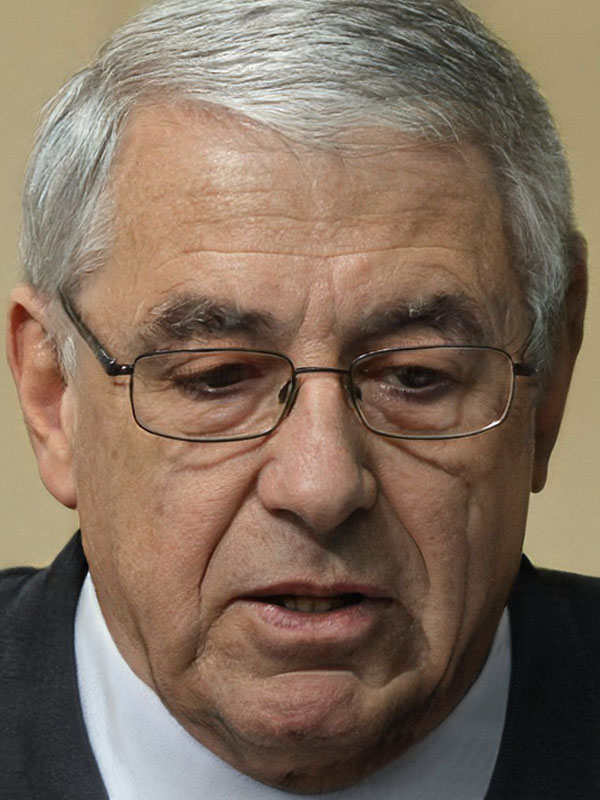George
Bishop-Hinds
Abandoned as a baby at an orphanage in the UK, George Bishop-Hinds was soon discovered to have an IQ above 170 and around 1960 reputedly came to the attention of Alfred George Hinds, former secretary of Channel Islands’ Mensa Society.
George’s ill-fated plight may have been the reason he is thought to have become sponsored to some degree by Alfred ‘Houdini’ Hinds, himself a ‘colorful’ character.
Although he himself never applied to join Mensa, George added Hinds to his surname Bishop in a gesture of appreciation for his benefactor.
George Bishop-Hinds carries the epithet ‘The Joker’, reflecting his reputation for infusing humor into almost every situation, which means he is often delegated to present solutions to clients that come with a measure of pain.
It’s purported that after hearing Bishop-Hinds speak about Gestalt Psychology at a dinner engagement in California, Jonathon Nolan used his allegory regarding Chaos logic in the script for the Joker’s speech on chaos in the Batman movie, ‘The Dark Knight’.
PRIME
George Bishop-Hinds was invited to join the think tank PR1ME in 2001 and continues as one of the group’s most highly sought after consultants.
PR1ME is the brainchild of Herbert Simon and Irving ‘Jack’ Good and is unlike any other enterprise commanding such influence, although it took some time before the initiative was finally convened in 1999. It was believed to have been originally funded at least partly by the late H. Ross Perot and David Rubenstein.
It is more of an association; a pool of elite specialists and pragmatic lateral thinkers.
They reside on every continent, which overcomes most cultural and language differences when dealing with clients, as the ‘member’ of PR1ME elected to lead each project will be deemed most appropriate for the task.
As of 2023 the actual number of ‘members’ is thought to be forty two.
Governments, corporations, associations and societies like the Bilderberg Group engage PR1ME to benefit from their unique approach to problem solving; where the challenge is to deliver a single solution for a seemingly insurmountable set of opposing factors.
‘PR1ME’ suggests two symbiotic concepts at the same time.
PR, 1 and ME describe the first law of nature and its natural progression; except in this instance it is reversed.
‘Me 1’ = self-preservation.
‘PR’ = Public Relations. It denotes the quest to do more than just ‘exist’, but be relevant and deal with the effect on the ego of such relevance. The reversing of the order means the group’s mission is to provide the solution with the greatest long term benefits in the interest of their client.
The solution for a conundrum takes priority over self-interest.
Such a concept introduces morality issues as the group’s membership differs widely in personalities and culturally accepted norms.
The second idea signifies PR1ME’s mathematical approach.
Prime numbers are pure with pure focus. They are only able to be divided by themselves, or 1.
Therefore, a single solution can be found by assigning negative values to each issue or factor acting to negate or oppose the ‘prime’ outcome or goal, based on actual and potential weight.
By applying mathematic principles such as using negative integers to generate a positive, a formula or solution can be determined.
Having two thoughts epitomised at once to generate a single solution or lowest common denominator is apt, as the number two is the lowest prime number and the only even prime number.
A solution provided by PR1ME should be by definition permanent; and by default, never need changing or replacing.
OTHER MEMBERS
Amongst those believed to be members past or present of this ‘club’ are Donald E. Knuth, Herbert Simon, Stanford Ovshinsky, Yoshiro Nakamatsu, Stephen Hawking, former BCG (Boston Consulting Group) Fellows and A.T. Kearney consultant and Mensans such as Ben Best.
It is thought that Satoshi Nakamoto has been a member of this elusive ensemble since prior to 2008 when the paper Bitcoin: A Peer-to-Peer Electronic Cash System was authored. Others thought to have been invited include Grigory Perelman and Judit Polgar.
PR1ME deliberately displays no ‘public face’ and clients are introduced to the problem solving group through a network of third parties and previous clients.
Their ability to introduce unimagined possibilities to the 21st Century is what makes them a prime example of the often incorrectly translated Kurt Koffka quote; ‘the whole is other than the sum of its parts’.
Today at least 70% of George Bishop-Hinds portfolio relies on his experience with social engineering, now AI assisted and introducing concerning implications through cyber activity such as crypto and block chain issues; thus placing him and PR1ME firmly in the ten most long-term influencers shaping the 21st century.
